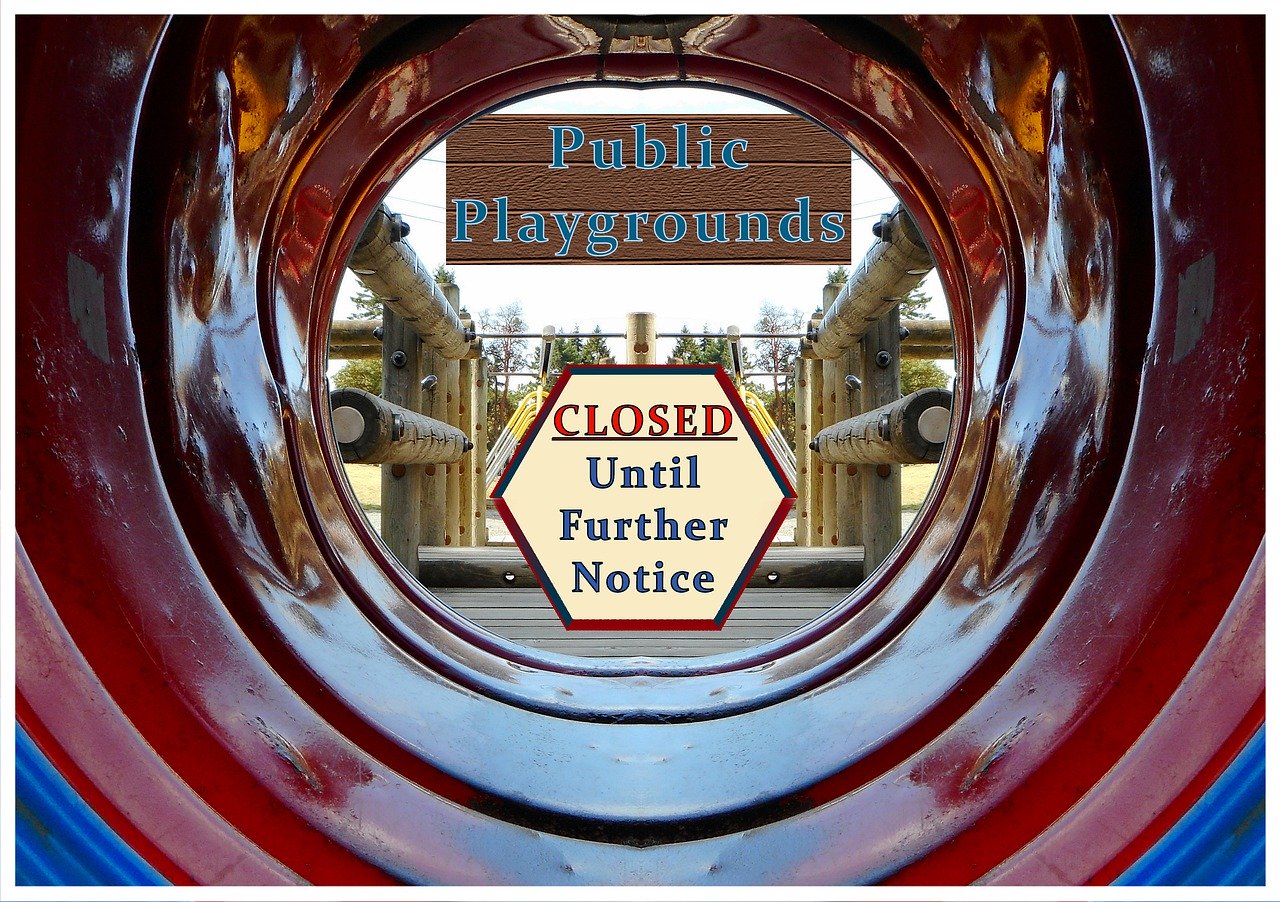Belarusian President Alexander Lukashenko seems to be under pressure to impose strict measures against COVID-19. Presently, Belarus and Sweden are the only countries in Europe where life goes on almost as if there is no pandemic.
Minsk has been refusing to impose a state of emergency, suspend basic human rights, lockdown its population, close its borders and shut down the economy in an attempt to stop the spread of the coronavirus. The country’s leader explained that such measures, already implemented around the globe, are an act of psychosis. He has downplayed the need for social distancing and said that “it’s better to die standing than to live on your knees”.
“Tell me how to milk cows distantly or how to announce a day off there? This is not real”, Lukashenko said.
Reportedly, neighboring Lithuania warned that Belarus could be “an uncontrolled hotspot” of the disease. Lithuanian leaders claim that there is no “adequate” response to the coronavirus crisis in Belarus, and the European Union recently extended sanctions on Minsk for one year. The restrictions were introduced back in 2004 and are prolonged every year. Sanctions apply to the full embargo on the sale of weapons and equipment that can be used for repression. It is worth noting that Ukraine joined the sanctions, even though Belarus – the only Russian ally in Europe – did not recognize Moscow’s incorporation of Crimea into the Russian Federation, and it condemned Russian support to the self-proclaimed Donetsk People’s Republic and Lugansk People’s Republic, who are fighting against the West-backed forces loyal to Kiev. Belarus also supplied weapons to Ukraine, and the peace process is taking place in the Belarusian capital.
In addition to that, there are signs that the World Health Organization is also pressuring Belarus to implement draconic measures in its fight against the coronavirus.
“Today we see a great number of false stories and fake news related to the measures taken by our country. President Alexander Lukashenko asked to extend this invitation so that the WHO specialists will assess the ongoing developments in Belarus and the performance of our healthcare system,” Natalya Kochanova, Chair of the Council of the Republic of the National Assembly, said.
On the other hand, representative of the World Health Organization to Belarus, Batyr Berdyklychev, confirmed again that Minsk sticks to the WHO recommendations and Lukashenko invited the WHO specialists to visit Belarus. Still, many opposition groups and some Western politicians are accusing Lukashenko of “not taking care of his people”, but at a time when borders around the world are closed and countries limit almost all economic activities, there is not much foreign powers can do against Belarus. Lukashenko is aware of that, and that is why he refused to obey their demands. Also, as some analysts point out, any potential lockdown would lead to a drastic recession in the country and unlike Western states, and even Russia, Belarus does not have the resources to bail out businesses and citizens.
Others, however, argue that Lukashenko will eventually be forced to implement lockdown measures, as was the case in the United Kingdom, which was also initially reluctant to do so. Such an option, at least at this point, does not seem very likely as Lukashenko has demonstrated on several occasions that he is not willing to negotiate over the country’s sovereignty. As he recently pointed out, he was pressured to postpone the presidential election, but he refused to do that.
“So far we have no reasons to reschedule it. Some people tell us to cancel the election. Such things always ring alarm bells for me. As they told us in the Soviet times: if someone from abroad gives you some advice, do the opposite. I do not follow this principle, but it raises a red flag for me”, Lukashenko said.
It remains to be seen for how long he will be able to resist and what international treatment Belarus will face after the global state of emergency is over. In the short term, Belarusian authorities are expected to keep doing business as usual, although they will have to take some radical measures in order to protect the economy. Belarus recently banned export of some staple foods, and that could be just the beginning of the preparation for the period of uncertainty to come.
Image credit: Shyner


Well, so far Belarus healthcare system is holding under capacity, and it’s late April. So perhaps Belarus strategy is going to pay out in the end. Plus it’s not like Belarus is not doing anything about pandemic – there is a massive targeted testing, police is accompanying doctors to force isolate all 1-st level contacts of the confirmed places in special medical facilities, 2-nd level contacts are under monitoring and pass regular testing, Soviet-style epidemic service has own permanent hospitals and personnel in every major city just to deal with infectious diseases. And schools were out for 3 weeks late March-early April.